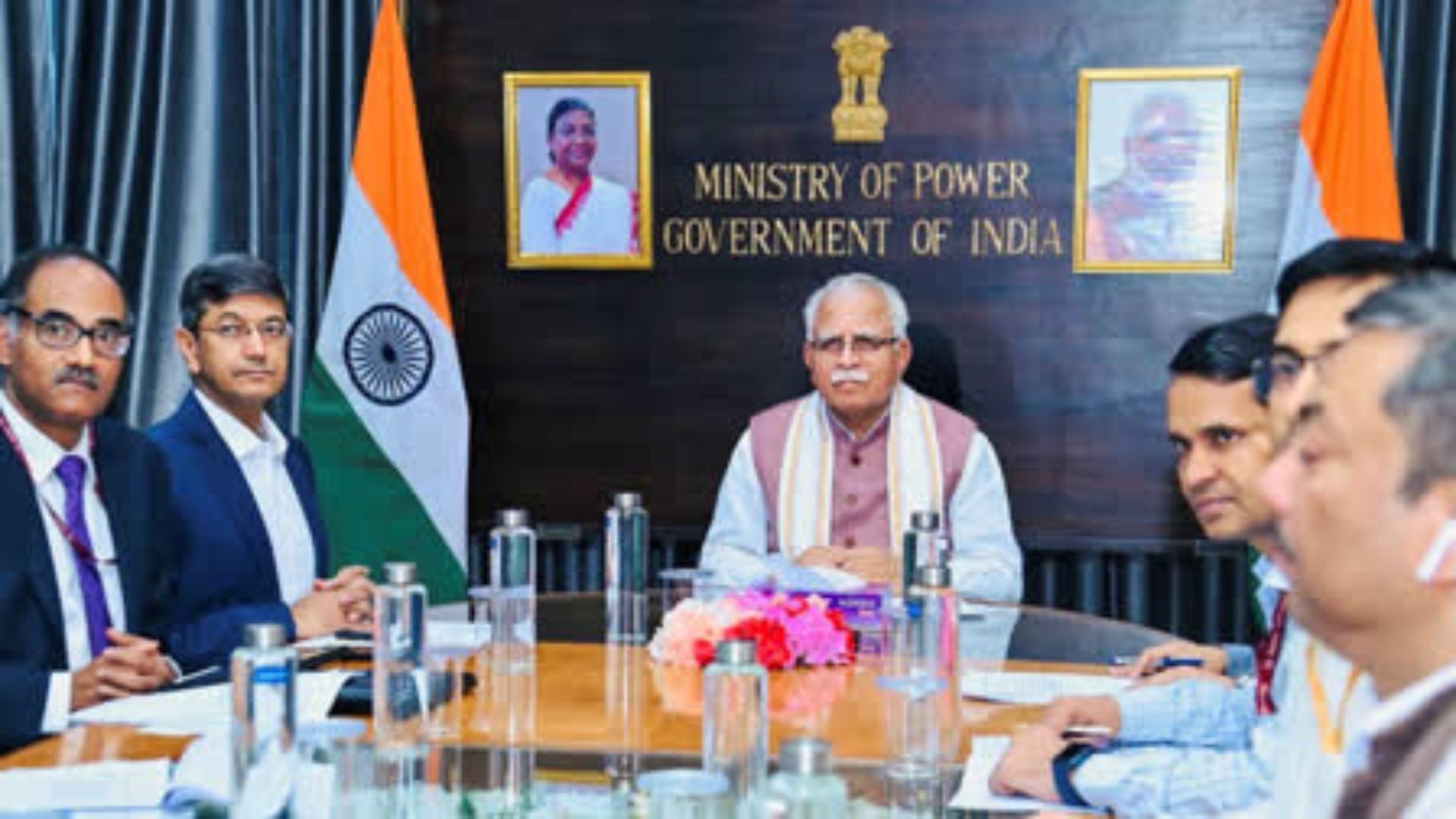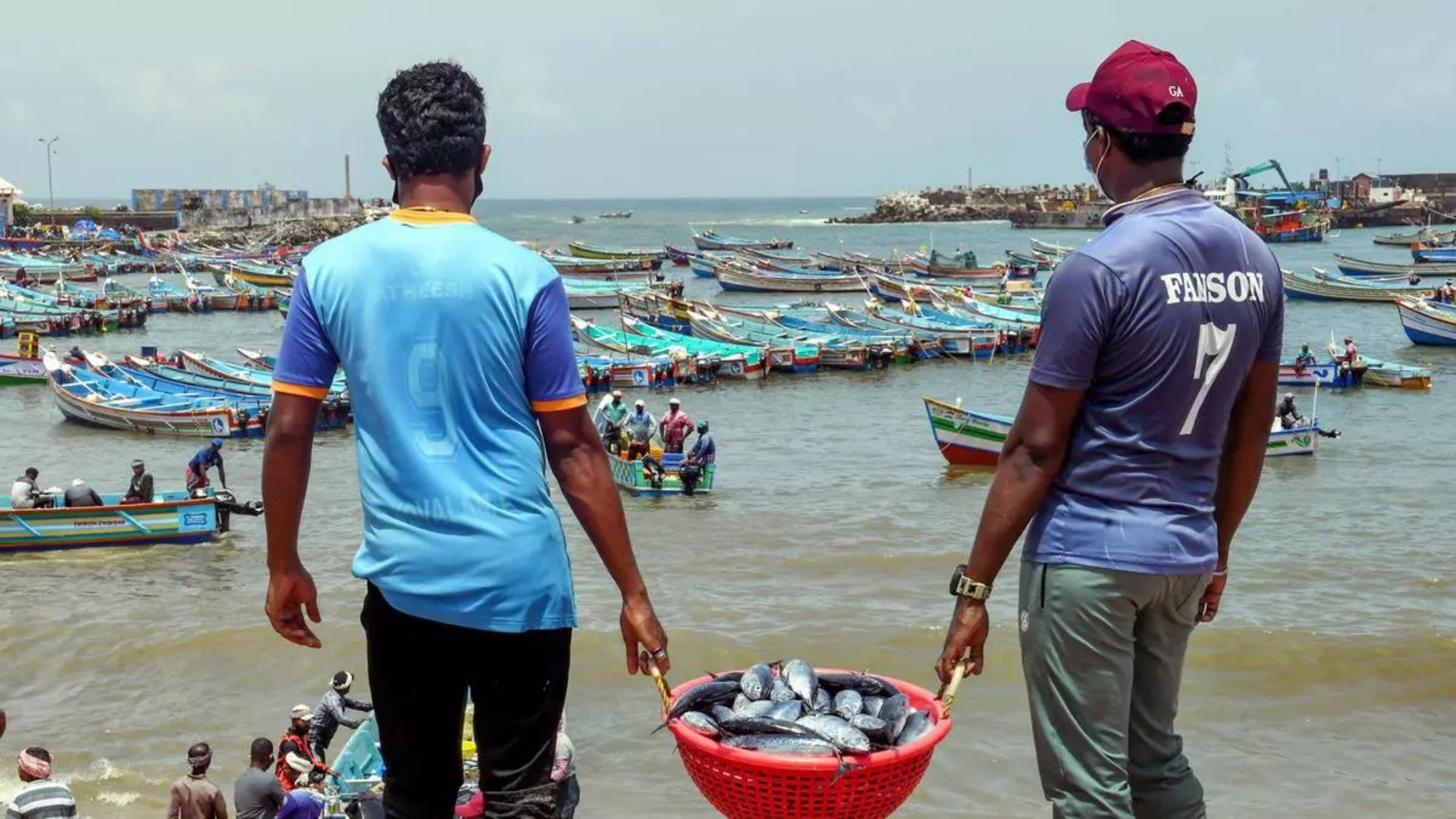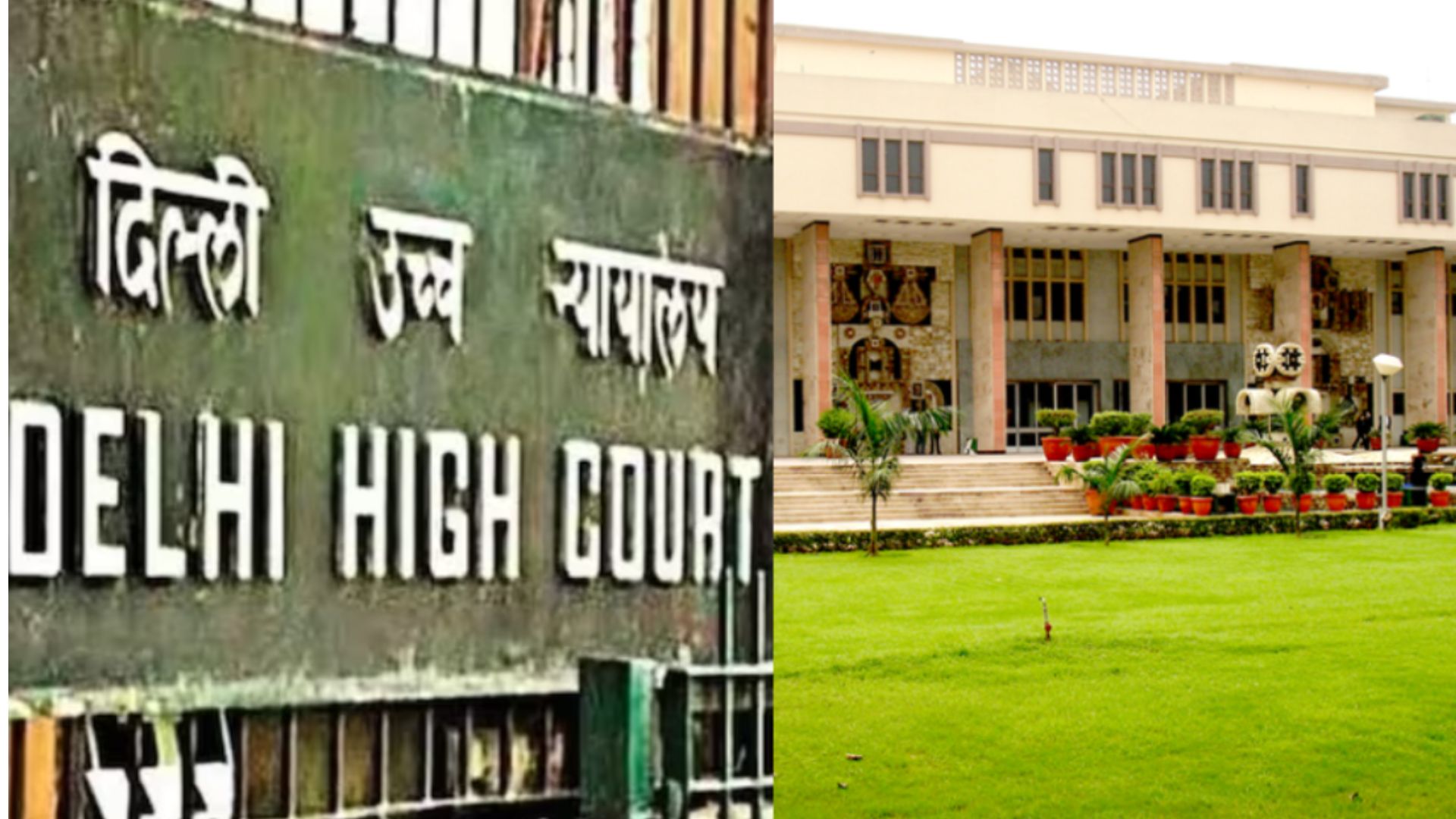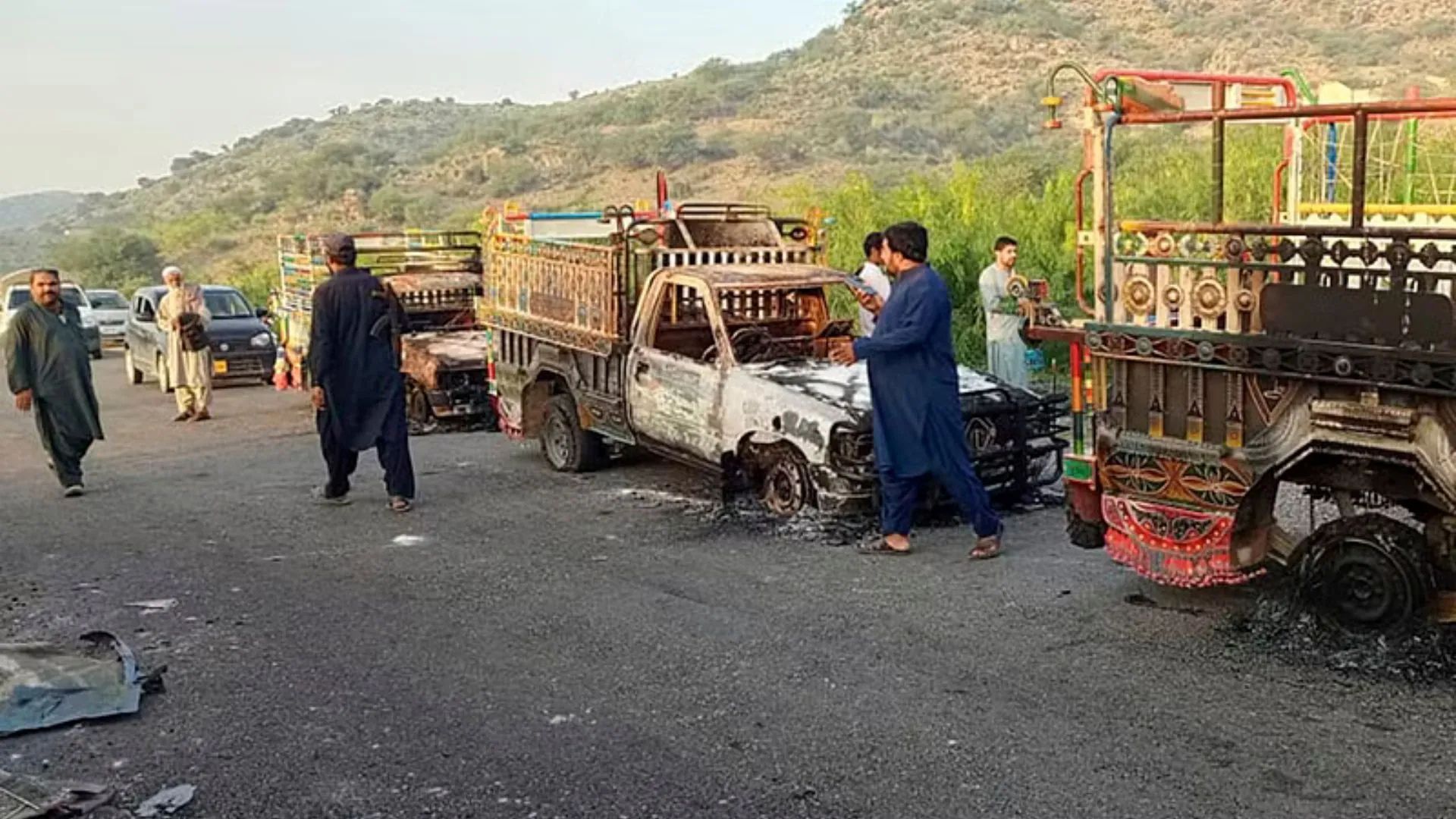
The days have been flowing at a hectic, almost but not quite frenetic speed that has been all but normalised in the year that was 2020. The nights are even longer but have a distinctively spiritual and self-reflective quality. India is a cacophony of sights, sounds, smells, a sensorial fest where chaos is its equilibrium. But now India teeters around a dangerous flux. A flux around religion and autocracy as exemplified by the shutting down of Tanishq stores and the taking down of television ads due to religious tensions and also the shutting down of the Amnestry International India office. As I sit in silence during the night, I reflect that in most interviews I do have some variation of this question: Why do you do what you do when you could literally and metaphorically sit on the throne, afford to do nothing and enjoy life?
In the beginning, I blushed being called an activist, I felt silly, unsure of a label coming from without. As I thought about the earliest experiences and going back and visiting family and friends in Rajasthan and Lucknow, Uttar Pradesh, I realise that activism is not something we do but largely who we are as Rajputs. I am fully cognisant that casteism is alive in India, I think about and identify with aspects of the Rajput caste from a cultural, historical, and clan identity lenses much like Dr Gounder and her Tamil roots. This is as opposed to viewing myself from a legacy of possessing hierarchical inalienable rights. In the simplest sense, our very identity, cultural upbringing, and multiple centuries of history render activism not a conscious choice but a way of life.
At conferences when I speak about decolonising psychology and a colonial mindset, I have our relative Raja Rao Ram Baksh Singh in mind. As the Raja Rao of Daundia Kehra of Unnao district of Uttar Pradesh (what was then Oudh province, a vassal state of the British East India Company), he was hanged by the British on 28 December 1857 for taking part in the revolt and being found guilty of killing British Soldiers. Demonstrating Rajputs’ long-held need and penchant for diplomacy, he was a close associate of Nana Sahib, the Indian Peshwa of the Maratha empire and a Brahmin by birth. Our history is steeped with strategic and tactical alliances such as that between Mughal emperor Akbar and the many zealously independent Hindu Rajputs he came across. Through marital alliances and certain tax abolishments, religious discrimination was reduced. Arguably, Rajputs were hard to pin down and viewed as tough. Policies of suzerainty, conciliation, and an enrichment of all were seeded through taking interest in other religions and active discussion. As a result, centres of cultures flourished.
As a little girl, my earliest memories are first paying respect to the ancient Durga mandir on the estate followed by a visit to the memorial the Government of India built in 1992 to honour Raja Rao’s death. I would then watch my grandfather Thakur CB Singh Bais sitting straight and dignified holding court in the cold early morning sunshine in the subregions of Baiswara, where he dealt and sorted a diverse ray of issues from land grabs, zoning, running for office to domestic violence. All of this he did with equilibrium and unmistakable judicious wisdom and dignity. Even though I was running around petting my goats and eating matar ki sabzi, this laid the groundwork for the modern-day workings of our Rajput legacy.
If before there were preoccupations about war to protect land, genealogy, and the population at large, that protection now comes in forms like that of girl education as championed by Princess Diya Kumari and my father who famously said “You have the face to be on a cover but you also have the brains, be the editor”. Once when my father Thakur Birendra Bikram Singh Bais asked my grandfather about my elder sister’s marriage prospects, my grandfather replied with feminist infused wisdom, “If you want your happiness, arrange it. If you want her happiness, let her choose”. Often India, and Rajasthan, in particular, are criticised for gender regressive norms yet there are important pockets of free and liberated thinking such as the push for autonomy my grandfather displayed that the next generation of Rajput nobles must capitalise on.
Society in its current avatar is built on cavalier extremism buoyed by the anonymity of social media, a cancel culture, and fragility where tolerance for disagreement and uncertainty is next to nil because of the echo chambers we surround ourselves with. Post-independence, Rajputs have been firm but flexible: reimagining their purpose whilst anchored to a deeply held sense and knowing of resiliency. This Noblesse obliges that extends beyond entitlement and into the realm of serving is what Rajputs can use to strengthen the fabric of society. Indeed, the cultural pull of leadership and identity is so strong that often populations are predisposed to listen to the ‘ruler’ of their hearts rather than a political leader like a Chief Minister. Viewed through the lens of epigenetics and the psychoanalytical collective consciousness; fearlessness, the strength of mind, body, and spirit continue to populate Rajput societies. For the greater good, stability, and peace to prevail, there must be a continued expansion not of land but of mind. The agile cultures are the ones at an evolutionary advantage. We look to replacing deeply patriarchal practices and upholding the dignity of women through education and gender equity, according to her the respect of a goddess not in some, but every realm now.
No subculture gets it fully right yet it is crucial to realise what we bring to the table. Rajputs are poised to do activism and build bridges precisely because the ancestral history is one of being guardians and custodians of nature and the people, advocating for just and equitable rule (first amongst equals). Going one step further, the current generation must necessarily grapple and think about colourism, casteism, and the relevance of royalty. What are our ways of being that are no longer pertinent and what are ways to take intergenerational nobility, fierceness, and valour and reshape it so it is 21st century fit for purpose? My answer continues to be human rights.
Dr Anjhula Singh Bais is Founder, Director, Consultant Psychologist at Fourth Dimension Consultancy. She is a Young Global Leader, World Economic Forum, Fellow, Apolitical Academy & Recipient, American Psychological Association Global Citizen Psychologist Citation.















